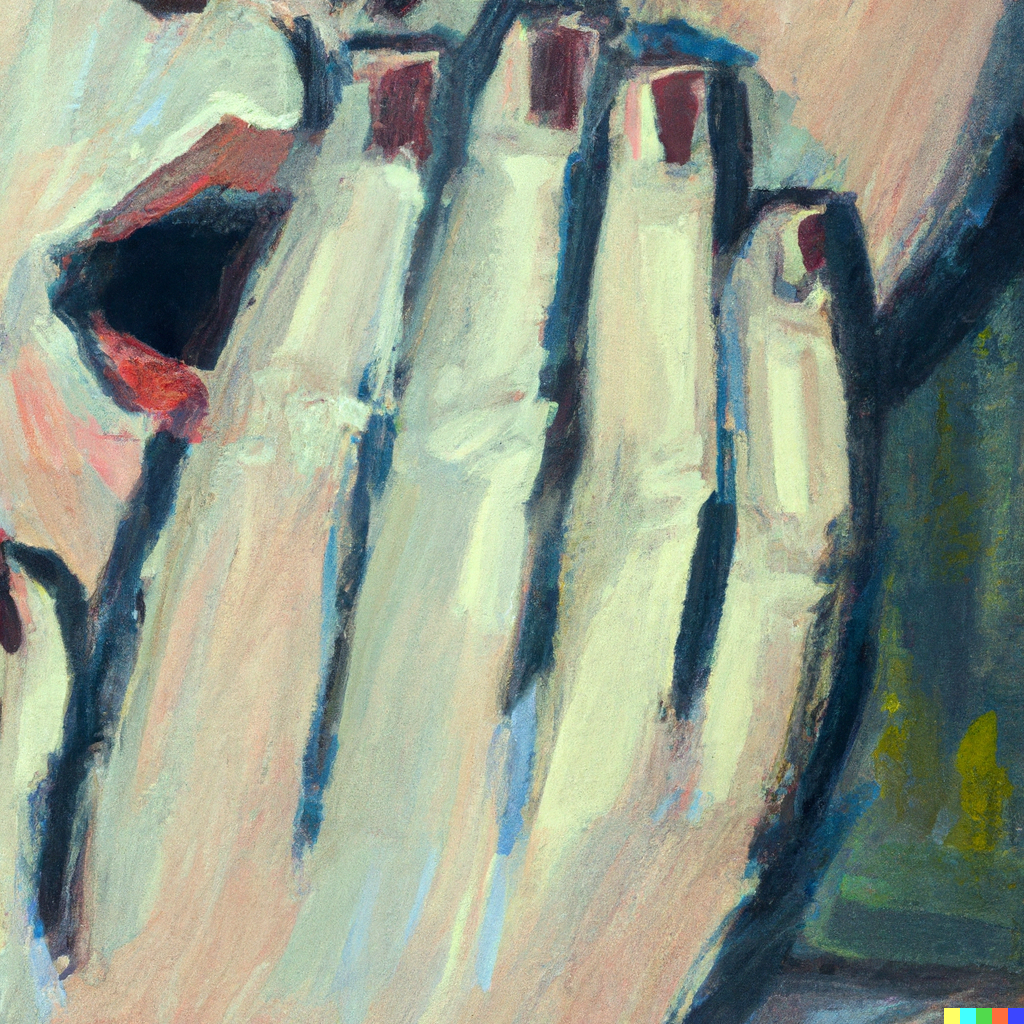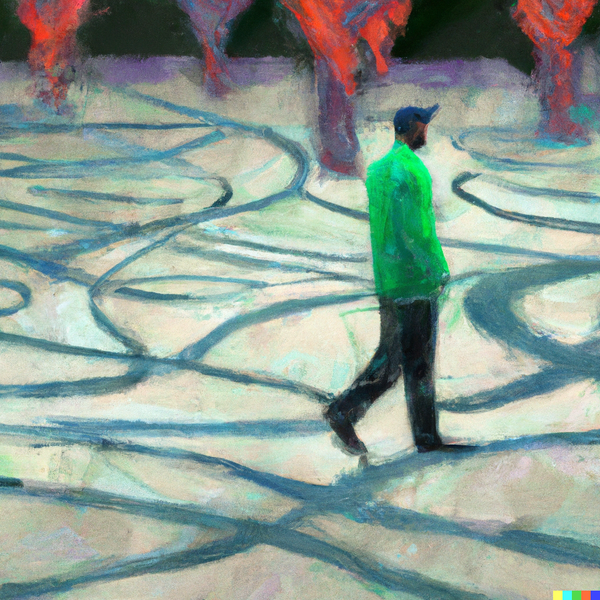the battle against free speech

For a world running on the words and actions of thinking and feeling beings, when is it right to punish people for their stances? How do we weigh whether someone’s conduct is irresponsible and, therefore, worthy of condemnation?
We create laws to guide us on what is right or wrong.
Do not kill, do not steal. Do not lie. Why? Because killing, stealing, and lying, threaten other humans’ survival in society and are, therefore, harmful. Yet it is easier to determine when someone is killed or something is stolen than when a lie is told. The truth is, in most cases, subjective. Reasonably, the best path to factuality is through open dialogue, where everyone has the right to express their perspective, without infringing on others’ rights.
Nevertheless, the College of Psychologists of Ontario (CPO) seems to believe that information is either objectively true and beneficial or false and harmful, which is the basis of their accusations against Canadian clinical Psychologist Jordan Peterson.
Currently, Dr Peterson is under a pseudo-criminal investigation for what the CPO deem as unprofessional conduct, regarding his Twitter communications. In one of the tweets under examination, Dr Peterson thanks Canada’s conservative party leader Pierre Poilievre for being “a politician with some courage” and encourages him to run for leadership in the party. In another post, Peterson calls Canada’s left-wing Prime Minister, Justin Trudeau, a puppet after the latter warned Canadian citizens not to cross the boundaries of their right to protest.


By presenting these tweets as evidence for Peterson’s spreading of “misinformation”, the CPO, a semi-governmental organization, is wrongfully designating harm to Peterson’s conservative opinions. This exposes the CPO’s bias in siding with Canada’s liberal government, even if it means threatening to revoke Dr Peterson’s clinical license.
The issue here is beyond the intrusion of one man’s freedom of expression.
There is cynicism in the fact that social media users whose Twitter accounts suffer from similar monitoring and repercussions are those who criticize political parties in power. For instance, Representative Marjorie Greene’s Twitter account was banned and Stanford Professor Jay Bhattacharya’s was shadow-banned following their public criticisms of the Biden Administration COVID-19 policies.
On the surface, this may appear as a war against conservative ideologies. An article by the New York Post broadcasted that Twitter created a Strategic Response Team (SRT) that handled up to 200 “cases” per day, most of which ended in visibility filtering (VF) of conservative Twitter accounts. VF limits the discoverability of these accounts by blocking their posts from trending – which would otherwise amplify the messages their tweets carry.
Assuming Twitter targets only conservatives is inappropriately leaning on the left-right dichotomy. One study by researchers from Yale, Massachusetts Institute of Technology, and the University of Exeter revealed that the asymmetrical suspension of right-wing accounts more than left-wing accounts has more to do with misinformation than political stances.
This is the very principle that the CPO was attempting to replicate by reprimanding Dr Peterson, except that Peterson’s tweets are simply not inaccurate. The allegations against Dr Peterson are baseless, and therefore infuriating because they prostitute a mechanism that was established to enhance his exercising of free speech.
Yes, there are boundaries to free speech to ensure it does not evolve into careless speech such as defamation and bullying. Yet when these boundaries are ill-placed to protect the government instead of the people, it simply becomes limiting speech.
History should have tattooed on our hearts the expansive dangers of limiting speech. From the initially-silenced atrocities of Nazi Germany to the current dark clouds surrounding communist countries like China and Cuba. Let us remember that it is our moral obligation to fiercely defend every human being’s right to speak their mind. Be it in spoken word, sign language, or a tweet.
Certainly, you need not support Peterson to fight for free speech. I was angered by his unsympathetic attitude toward plus-size model Yumi Nu’s debut on Sports Illustrated’s cover. Further, I contended with his harsh and impulsive encouragement of suicide to someone who claimed that there were too many people on earth.
Yet, although I disagree with him, I do not wish that his right to speak be stripped from him. At the very least, it is because I would not want people who disagree with me to silence me altogether.
Therefore, if we must contend with people who think differently than us, why would we want them to be tongueless? Why would we want them voiceless and wimpy, and under the fear of what the authorities might do to them?
You and I must fight for freedom of speech in its fullest sense. Yes, people’s feelings may get hurt because that is the nature of open discourse, but we must ensure that their bodies, families, reputations, livelihood, and professions remain unharmed. That way, we will invite more people into the dialogue, instead of pushing them away by punishing those bold enough to speak for themselves.
And for those without a voice at all… we need to learn their needs and amplify them. If we don’t speak for them, there is certainly no guarantee that someone will speak for us.





